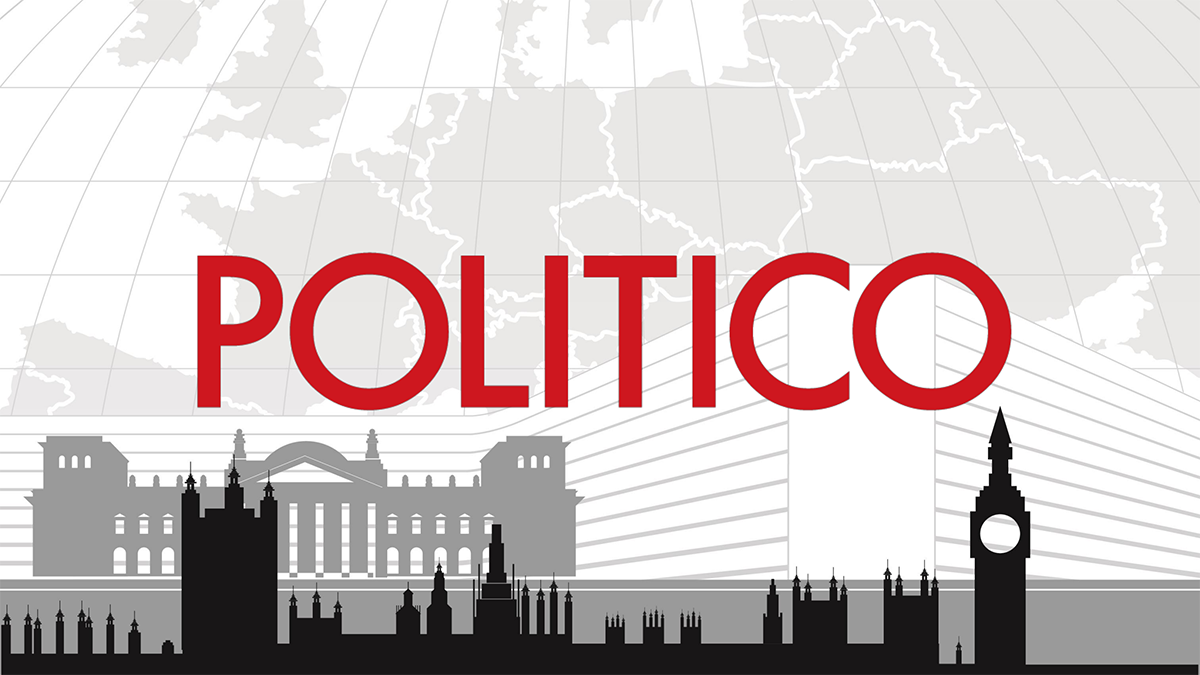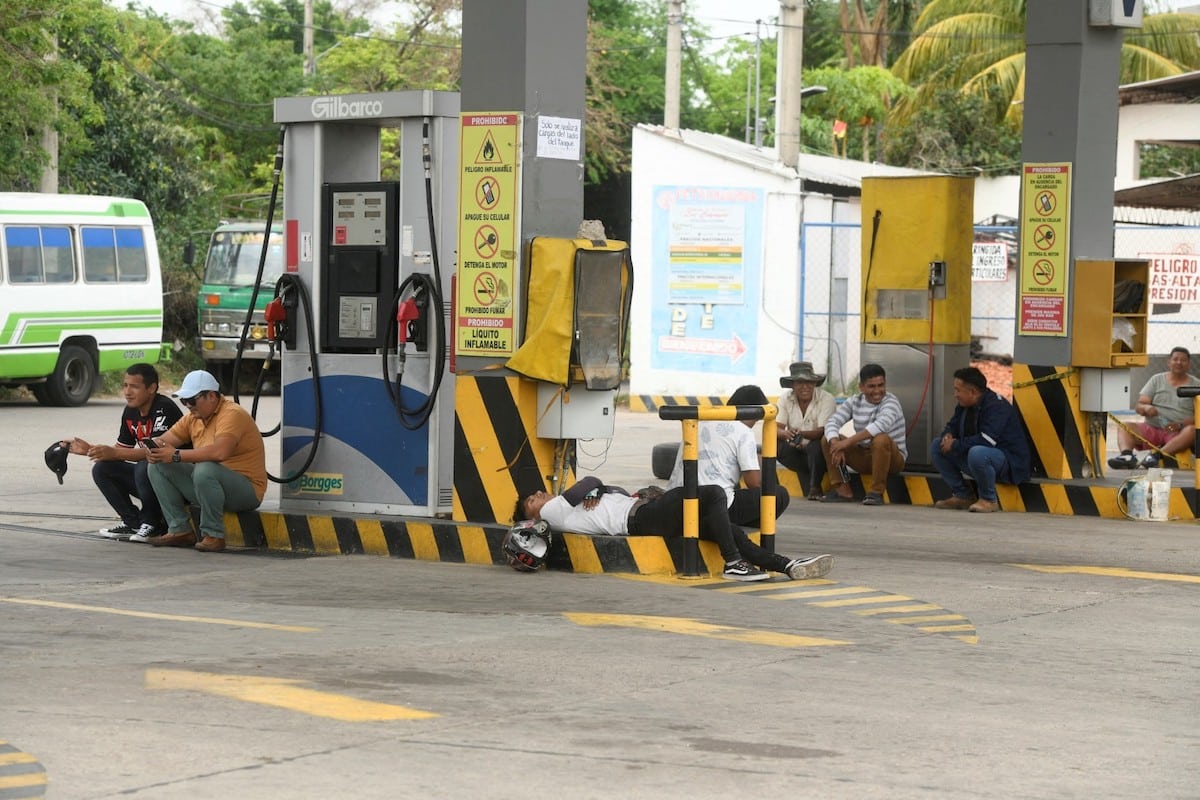Exit polls for Portugal’s nationwide local elections on Sunday reveal a tight race in the country’s largest cities, Lisbon and Porto, while the far-right Chega party fell short of capturing any major municipalities.
According to projections from the Catholic University of Portugal, published by state broadcaster RTP, Chega did not secure outright victories in these key urban centers. However, the party is poised to act as a kingmaker in several municipalities across the country.
In Lisbon, exit polls indicate a neck-and-neck contest between incumbent center-right Mayor Carlos Moedas and Socialist Party candidate Alexandra Leitão. Both candidates appear to have garnered between 37 percent and 42 percent of the vote. Similarly close is the race in Porto, where conservative Pedro Duarte and former MEP and Socialist Party candidate Manuel Pizarro are vying for the top position, with no clear leader emerging.
Separate exit polls commissioned by the SIC television network show that Socialist Party candidate António Pina is leading in Faro, the capital of the southern Algarve region. This area was a potential target for the far-right Chega party, which aimed to attract voters frustrated by what they perceive as a hyper-centralized Portuguese state.
Chega’s performance was also underwhelming in Sintra, Portugal’s second-most populous municipality. Here, far-right influencer Rita Matias is projected to finish in third place.
A major issue driving voter concerns this election was the ongoing housing crisis. Citizens demanded that local leaders take stronger action to control soaring home and rental prices, a problem impacting many communities nationwide.
This year’s municipal vote is considered one of the most contested in Portuguese history. Term limits and the recruitment of dozens of mayors for national office resulted in nearly half of the country’s 308 municipalities having no incumbent candidates running for re-election.
Chega stood out as the party fielding candidates in the most municipalities—307 out of 308 city councils. The party also participated in over 300 parish elections where candidates were guaranteed victory due to running unopposed.
Since 2023, Portuguese voters have participated in three national elections and a European Parliament vote. This packed electoral calendar contributed to what appears to be voter fatigue, with exit poll projections showing that between 43 percent and 48 percent of eligible voters abstained from casting their ballots on Sunday.
Voter turnout in municipal elections has been declining steadily since 2009. In the 2021 local vote, 46 percent of eligible voters did not participate, indicating no immediate relief for electoral engagement.
Looking ahead, Portuguese voters will return to the polls in January to elect a successor to outgoing President Marcelo Rebelo de Sousa. Among the presidential candidates are Chega Party President André Ventura and Admiral Henrique Gouveia de Melo, an official widely praised for his leadership during the country’s COVID-19 vaccine rollout but opposed by some due to concerns about a military figure serving as head of state.
The coming months will be critical as Portugal continues to navigate its complex political landscape amid ongoing social and economic challenges.
https://www.politico.eu/article/portugal-election-exit-polls-show-lisbon-porto-too-close-to-call/?utm_source=RSS_Feed&utm_medium=RSS&utm_campaign=RSS_Syndication


